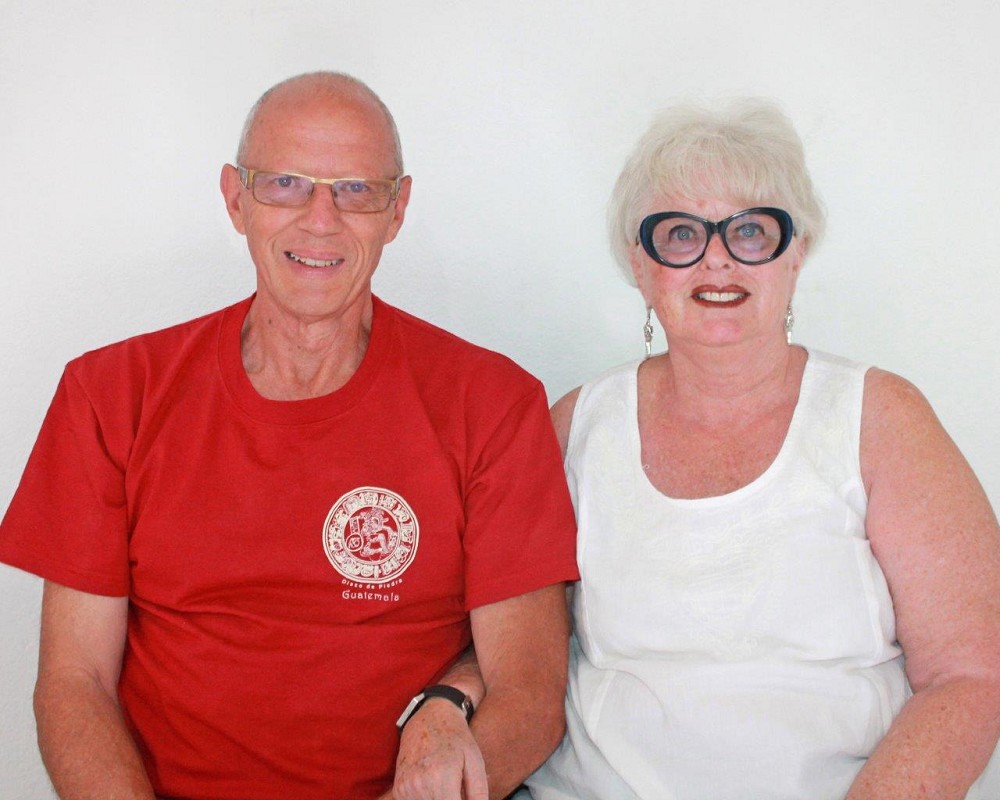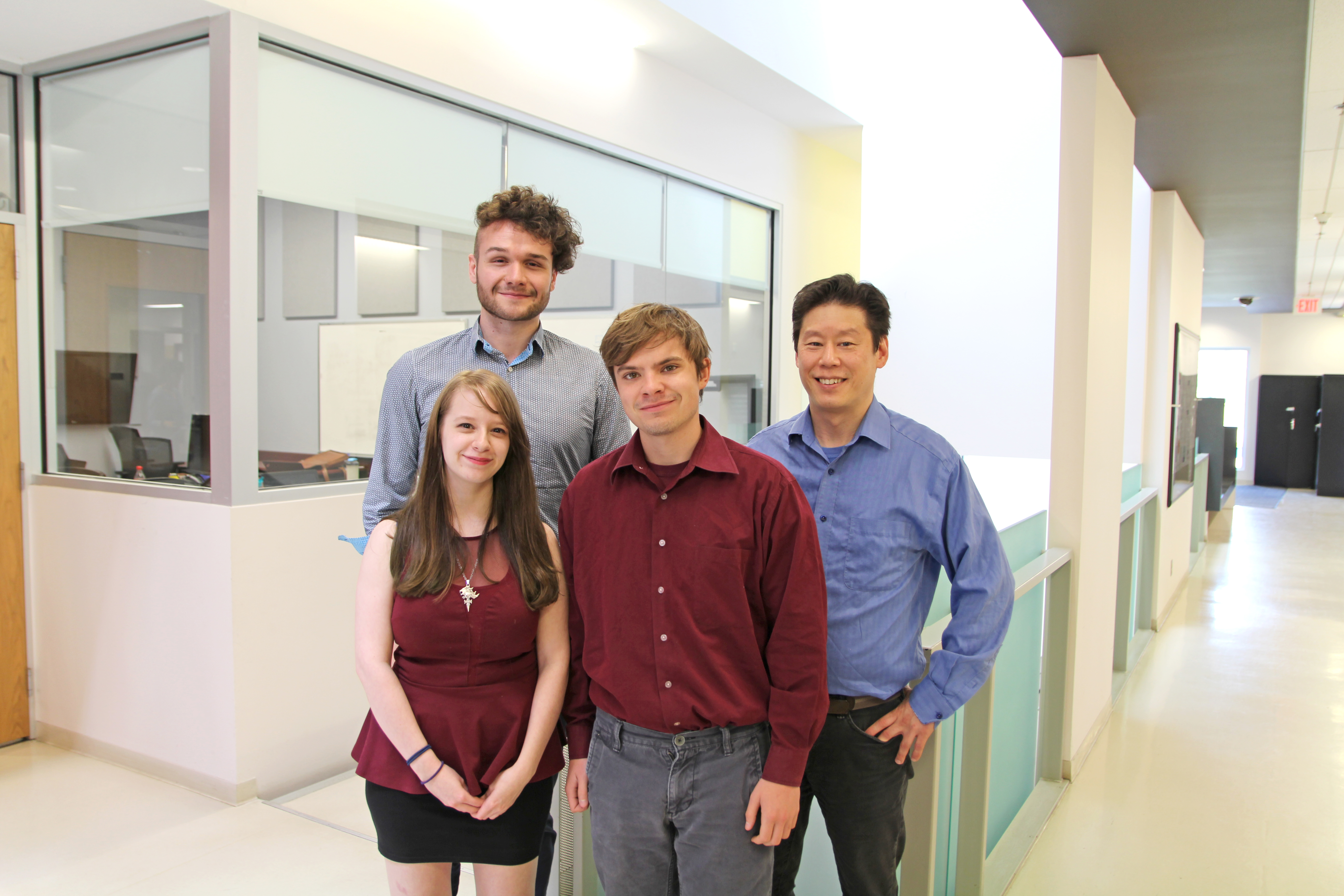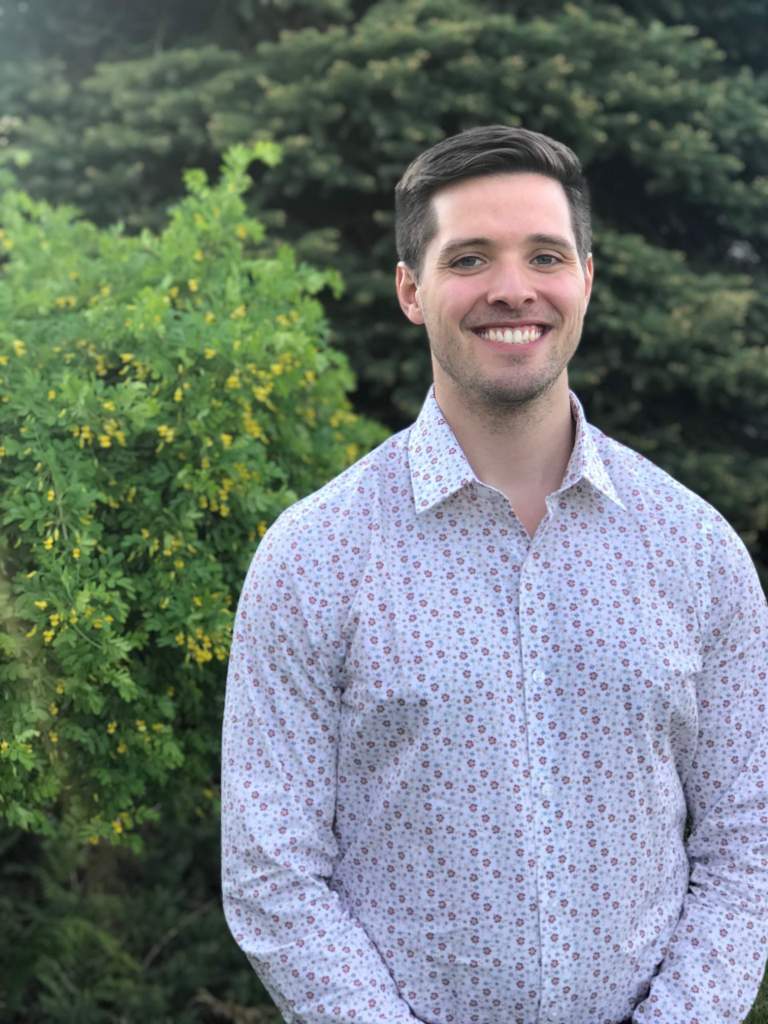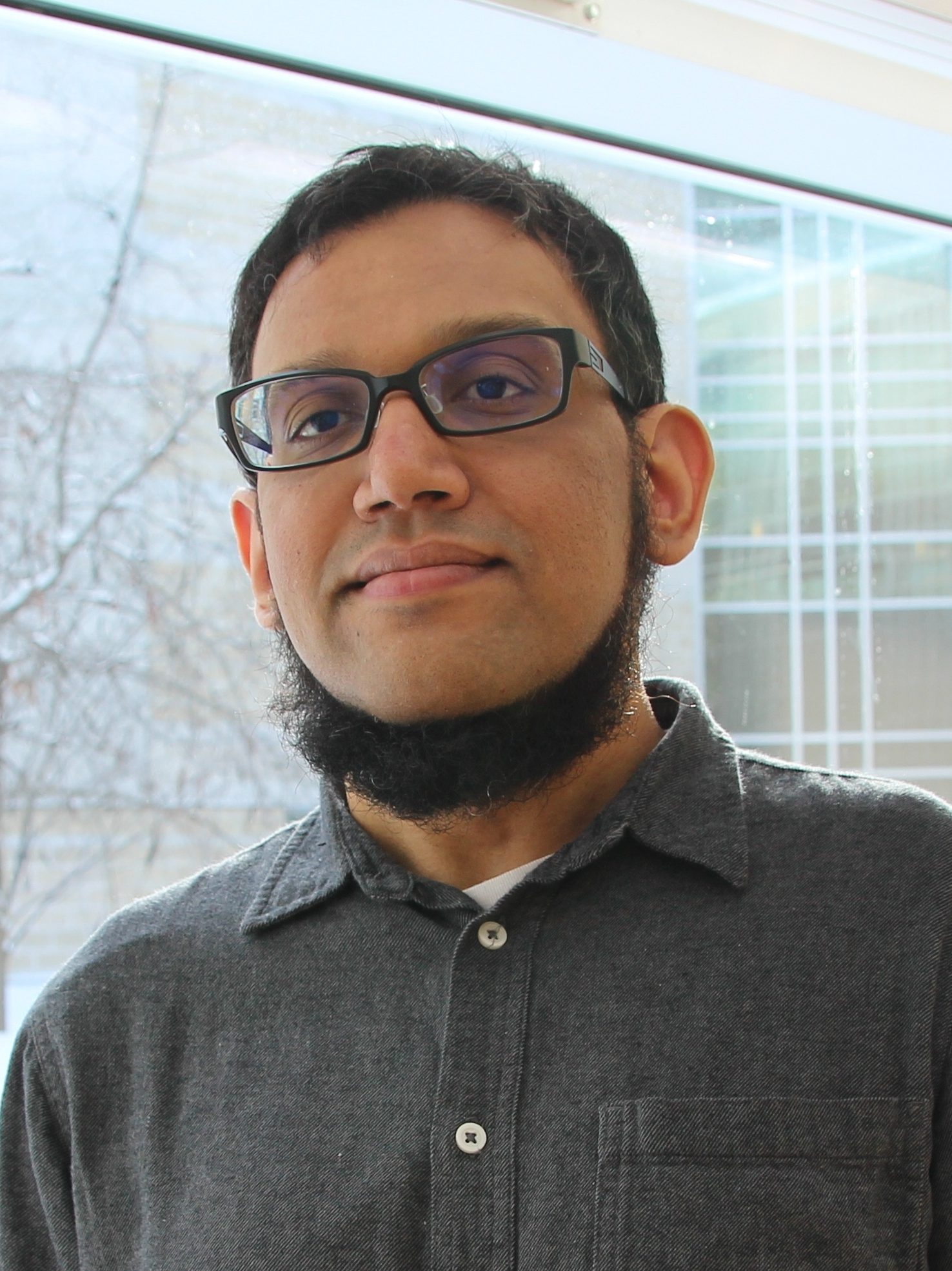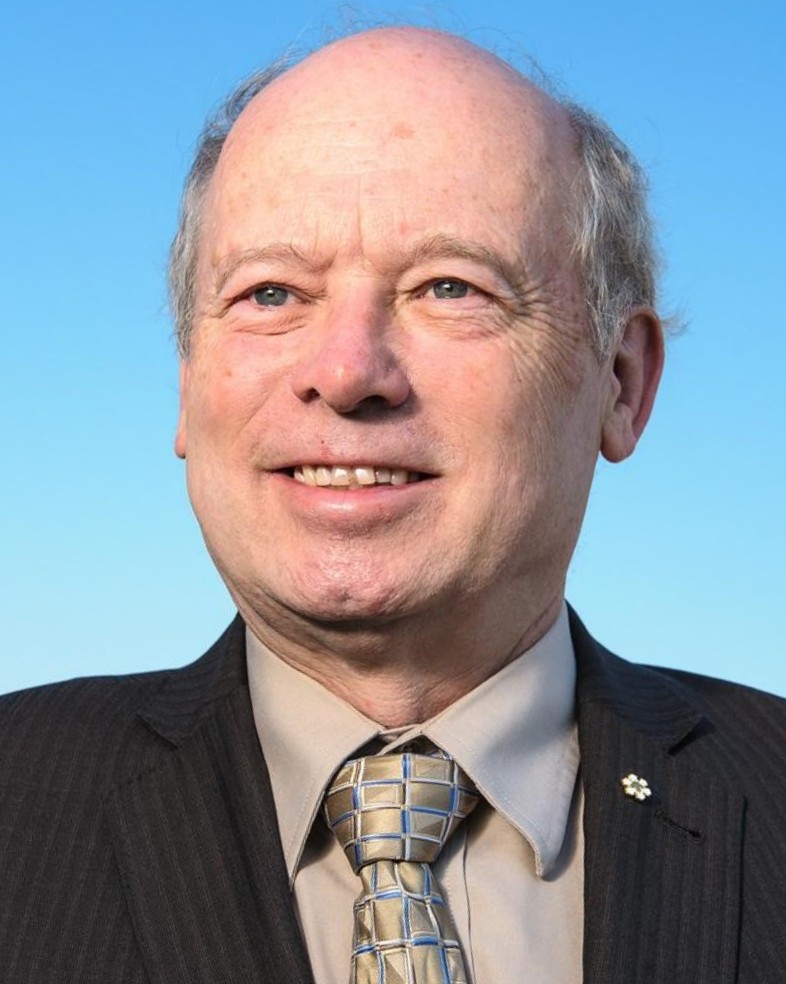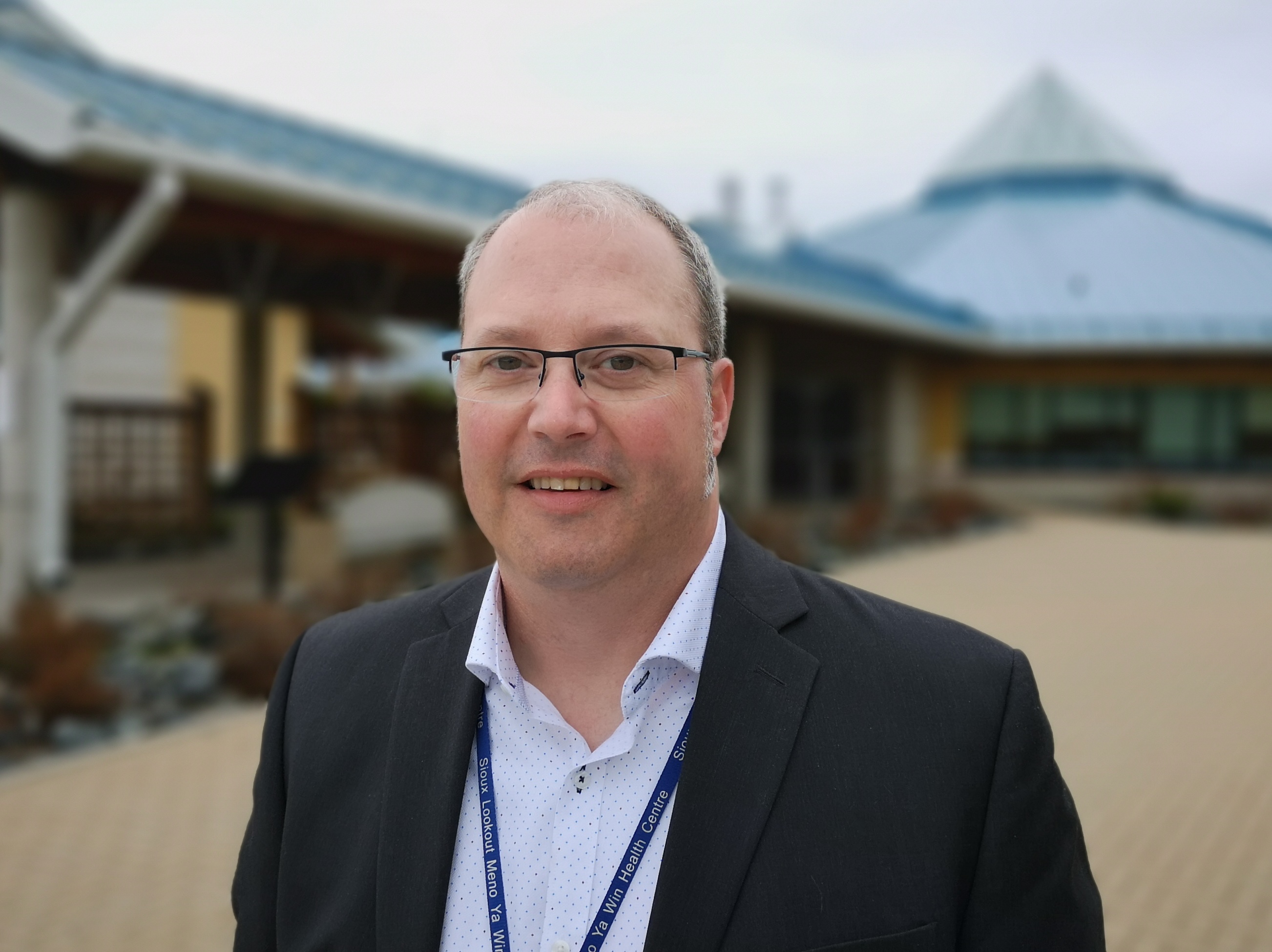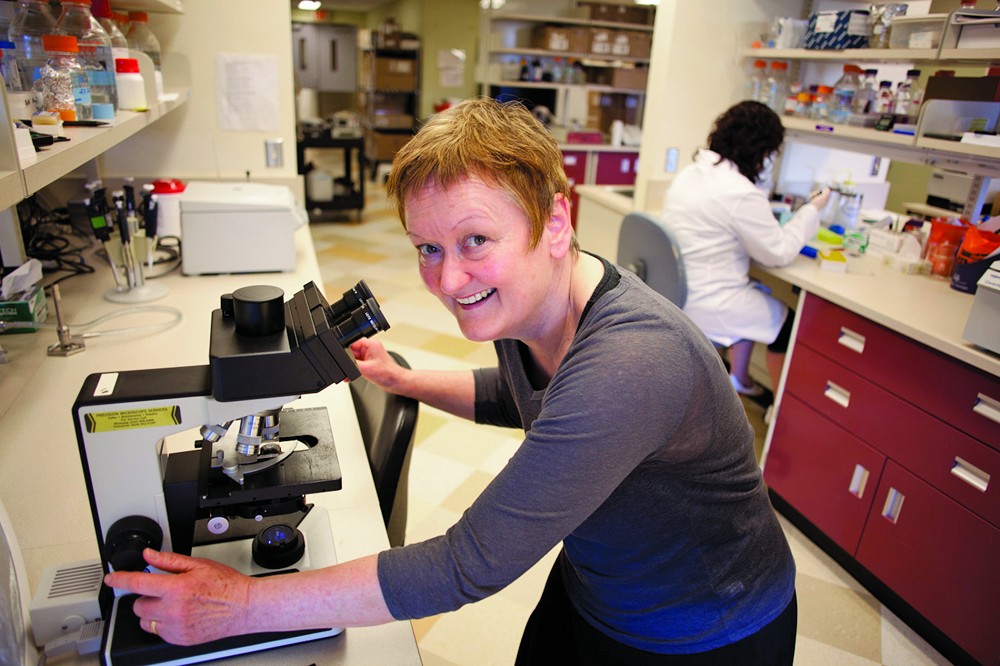My research vision is to encourage and support research to meet the unique needs of the people of Northwestern Ontario and to improve the health outcomes of our population. In alignment with the Health Research Institute’s vision of “bringing discovery to life,” I am interested in exploring opportunities to enhance patient care, while inspiring students through the integration of research and applied learning opportunities. By engaging learners in research and health care technology advances in the educational environment, we can instill a spirit of innovation in the future leaders of health care in our region and beyond.
It is my privilege to represent Confederation College on the Health Research Institute’s Board of Directors. We are grateful to have a permanent seat on the Board, supporting Confederation College’s valued and longstanding partnership with the Health Research Institute. Colleges have much to offer in applying the latest research through an applied, experiential learning environment. Confederation College is able to take advantage of our partnership with the Health Research Institute to apply the latest research developments to our curriculum and support the work of the Institute through our regional campuses as well.
The most important thing people should know about the Health Research Institute is how critical its work is in helping to support local research, which can help address the issues unique to northwestern Ontario. Through the Health Research Institute’s efforts, our region is better able to anticipate the changing needs of patients and find solutions we can apply in the health care setting locally. The range of research projects in which we are engaged is considerable and we should be proud to have such a diverse group of scientists committed to working with the Institute.
I was appointed as the President of Confederation College in September of 2018 and have more than 30 years of progressive leadership experience in health care, human services and education. Prior to Confederation, I was the Vice President of Rehabilitative Care at St. Joseph’s Care Group (SJCG). There I witnessed first-hand the health care issues faced by people across this region and how advances in research are helping people on a practical level through prevention, treatment and care. I was born and raised in Thunder Bay. Prior to working at SJCG, I worked at Confederation College for 14 years, including serving as the Dean of the School of Health and Community Services. I hold an Honours Bachelor of Social Work degree from Lakehead University and a Master of Social Work degree from the University of Toronto, where I studied social policy and administration.



